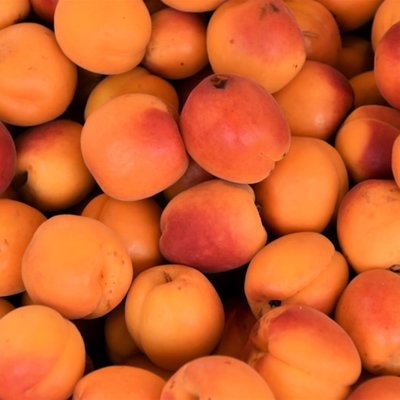partner
- Dictionary
partner
A noun is a word that refers to a person, animal, place, thing, feeling, or idea (e.g., femme, chat, maison).
1. (commerce)
a. l'associé (M), l'associée (F)
(m) means that a noun is masculine. French nouns have a gender, which is either feminine (like la dame or la lune) or masculine (like l'homme or le soleil).
(f) means that a noun is feminine. French nouns have a gender, which is either feminine (like la dame or la lune) or masculine (like l'homme or le soleil).
My partner and I started this business 20 years ago.Mon associé et moi avons lancé cette entreprise il y a 20 ans.
a. le compagnon (M), la compagne (F)
(m) means that a noun is masculine. French nouns have a gender, which is either feminine (like la dame or la lune) or masculine (like l'homme or le soleil).
(f) means that a noun is feminine. French nouns have a gender, which is either feminine (like la dame or la lune) or masculine (like l'homme or le soleil).
My partner and I are considering buying a house together.Ma compagne et moi envisageons d'acheter une maison ensemble.
b. le conjoint (M), la conjointe (F) (spouse)
(m) means that a noun is masculine. French nouns have a gender, which is either feminine (like la dame or la lune) or masculine (like l'homme or le soleil).
(f) means that a noun is feminine. French nouns have a gender, which is either feminine (like la dame or la lune) or masculine (like l'homme or le soleil).
Where did you meet your partner?Où avez-vous rencontré votre conjoint ?
c. le partenaire (M), la partenaire (F)
(m) means that a noun is masculine. French nouns have a gender, which is either feminine (like la dame or la lune) or masculine (like l'homme or le soleil).
(f) means that a noun is feminine. French nouns have a gender, which is either feminine (like la dame or la lune) or masculine (like l'homme or le soleil).
I live in a small apartment with my partner and our two dogs.Je vis dans un petit appartement avec mon partenaire et nos deux chiens.
a. le partenaire (M), la partenaire (F)
(m) means that a noun is masculine. French nouns have a gender, which is either feminine (like la dame or la lune) or masculine (like l'homme or le soleil).
(f) means that a noun is feminine. French nouns have a gender, which is either feminine (like la dame or la lune) or masculine (like l'homme or le soleil).
The countries in that region have been trading partners for centuries.Les pays de cette région sont partenaires commerciaux depuis des siècles.
a. le partenaire (M), la partenaire (F)
(m) means that a noun is masculine. French nouns have a gender, which is either feminine (like la dame or la lune) or masculine (like l'homme or le soleil).
(f) means that a noun is feminine. French nouns have a gender, which is either feminine (like la dame or la lune) or masculine (like l'homme or le soleil).
I enjoy dancing with a variety of partners.J'aime danser avec différents partenaires.
An intransitive verb is one that does not require a direct object (e.g., éternuer.).
a. s'associer
The two companies partnered to create a fascinating hybrid product.Les deux entreprises se sont associées pour créer un produit hybride fascinant.
a. établir un partenariat avec
The university partnered with a local high school to study student learning styles.L'université a établi un partenariat avec un lycée local pour étudier les styles d'apprentissage des élèves.
b. être le partenaire de (masculine)
A word or phrase that is masculine (e.g., le livre).
The figure skater partnered with his wife for their entire career.Le patineur artistique a été le partenaire de sa femme pendant toute leur carrière.
c. être la partenaire de (feminine)
A word or phrase that is feminine (e.g., la pomme).
The figure skater partnered with her husband for their entire career.La patineuse artistique a été la partenaire de son mari pendant toute leur carrière.
A transitive verb is a verb that requires a direct object (e.g., acheter).
a. mettre ensemble
The coach partnered Tyler and Michael for the tennis tournament.L'entraîneur a mis Tyler et Michael ensemble pour le tournoi de tennis.
a. établir un partenariat avec
The university partnered a local high school to study student learning styles.L'université a établi un partenariat avec un lycée local pour étudier les styles d'apprentissage des élèves.
b. être le partenaire de (masculine)
A word or phrase that is masculine (e.g., le livre).
The figure skater partnered his wife for their entire career.Le patineur artistique a été le partenaire de sa femme pendant toute leur carrière.
c. être la partenaire de (feminine)
A word or phrase that is feminine (e.g., la pomme).
The figure skater partnered her husband for their entire career.La patineuse artistique a été la partenaire de son mari pendant toute leur carrière.
Examples
Machine Translators
Translate partner using machine translators
Random Word
Roll the dice and learn a new word now!




















